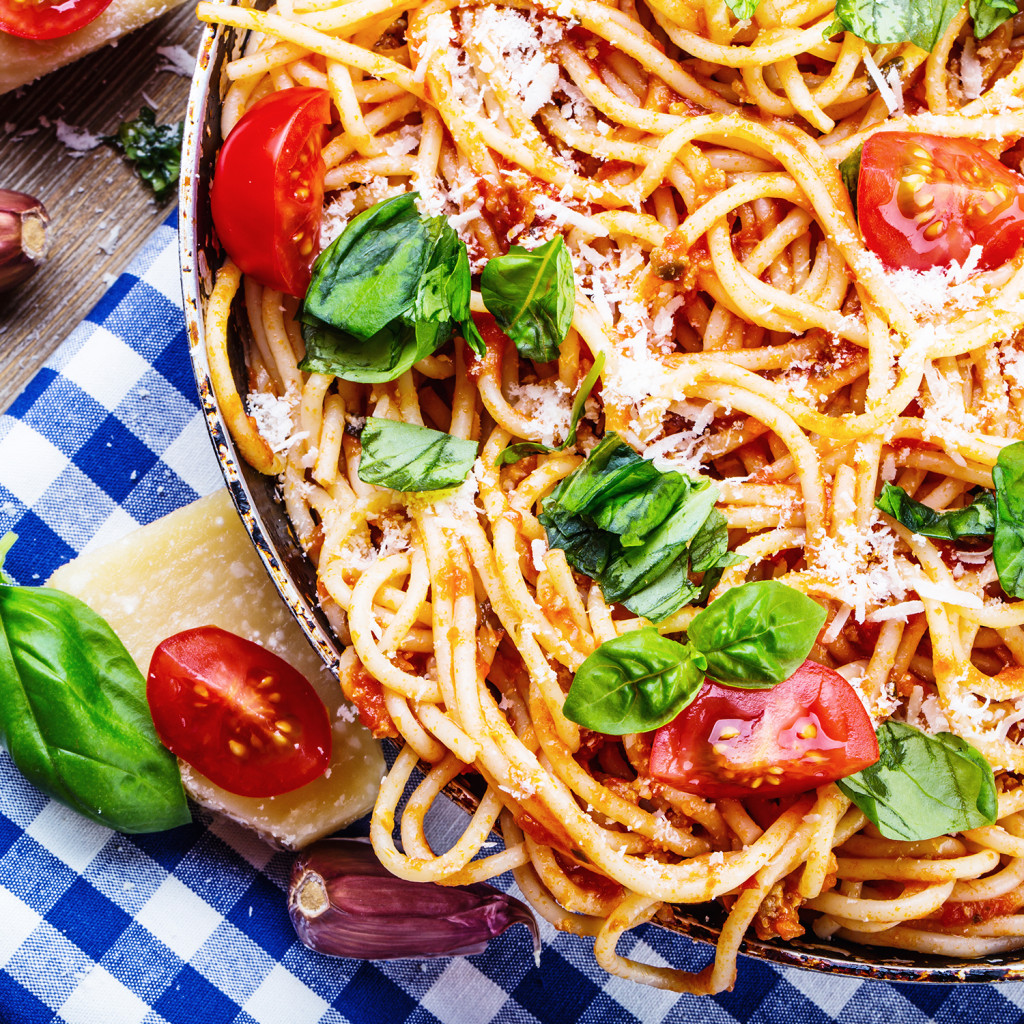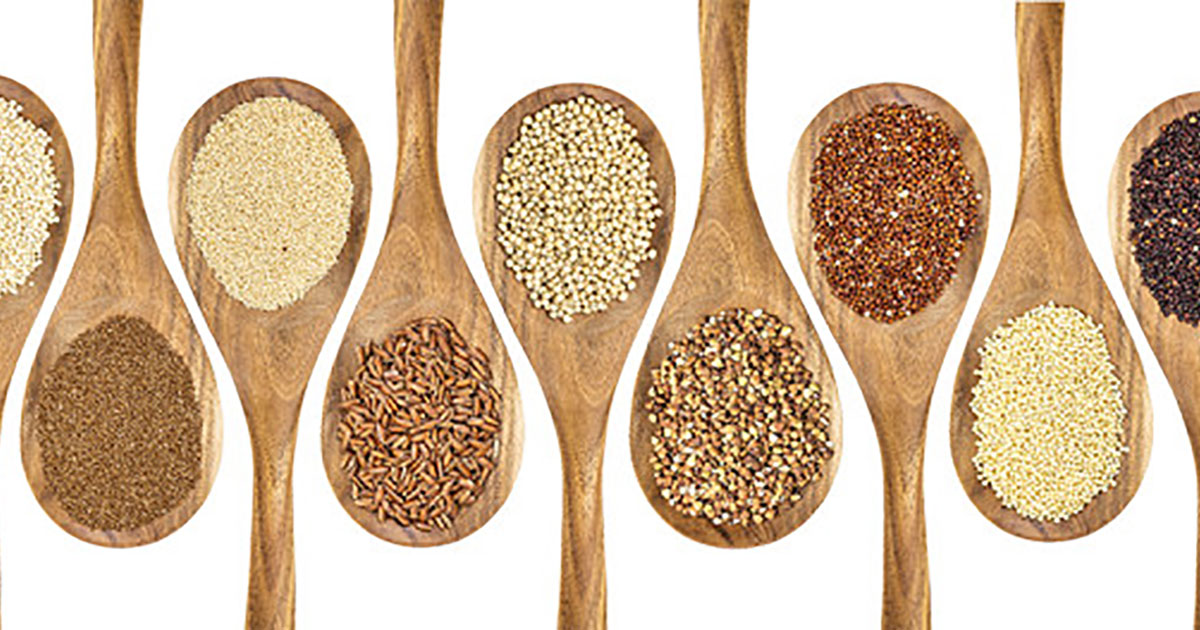Are you confused about gluten? You’re not alone.
Although gluten-free products and menu options are everywhere these days, and although millions of Americans have adopted gluten-free diets, myths and misinformation concerning gluten abound. Some people believe that going gluten-free is a way to lose weight. It is not.
Others believe that gluten is “toxic” and should be avoided by everyone. Experts insist, however, that only the tiny fraction of the general population that suffers from Celiac disease or gluten intolerance needs to avoid wheat.
Another myth is the idea that removing gluten from the diet enhances fitness and sports performance. A growing number of runners and other athletes avoid wheat on the basis of a belief that a gluten-free diet will make them fitter and faster. But a study conducted by researchers at the University of Tasmania and published in Medicine & Science in Sport & Exercise demonstrates that this idea, too, is a myth.
The participants were thirteen competitive cyclists, eight men and five women. None of them had Celiac disease or a history of gastrointestinal problems (which are the most common symptoms of gluten intolerance).
All of the cyclists were placed on a gluten-free diet, but half supplemented this diet with food bars containing gluten (supplying 16 grams of gluten per day) and the other half supplemented the same diet with gluten-free food bars. They were not told which bars they had been given.
After seven days, the subjects went back to their normal diet for a 10-day “washout” period and then spent seven days back on a controlled diet and eating whichever bars they hadn’t received in the first part of the experiment. At the end of each seven-day intervention all of the cyclists completed a performance test consisting of 45 minutes of indoor cycling at 70 percent of peak power followed immediately by a 15-minute time trial.
The subjects completed this time trial neither faster nor slower after a week of gluten-free eating than they did after a week of eating gluten. The researchers concluded that removing gluten from the diet has no effect on fitness and performance.
Does this mean that all runners can eat wheat? No. Wheat still must be avoided by runners (and non-runners) with gluten intolerance. How do you know if you’re gluten intolerant? Many people self-diagnose gluten intolerance on the basis of experiencing gastrointestinal discomfort after eating wheat. But studies have shown that between 85 and 95 percent of patients with self-diagnosed gluten intolerance are not in fact gluten intolerant.

If you suspect that you might have this condition, make an appointment with a gastroenterologist, who can make a definitive diagnosis. Although there’s no inherent harm in removing wheat from your diet even if you’re wrong about being gluten intolerant, the risk is that the true cause of your symptoms will go unaddressed.
For example, many people who are gluten intolerant actually have trouble digesting FODMAPs, a type of carbohydrate present in a range of foods including asparagus and apples.
Personally, I wouldn’t want to remove wheat from my diet unless I absolutely had to. Gluten-free spaghetti just doesn’t taste the same!



